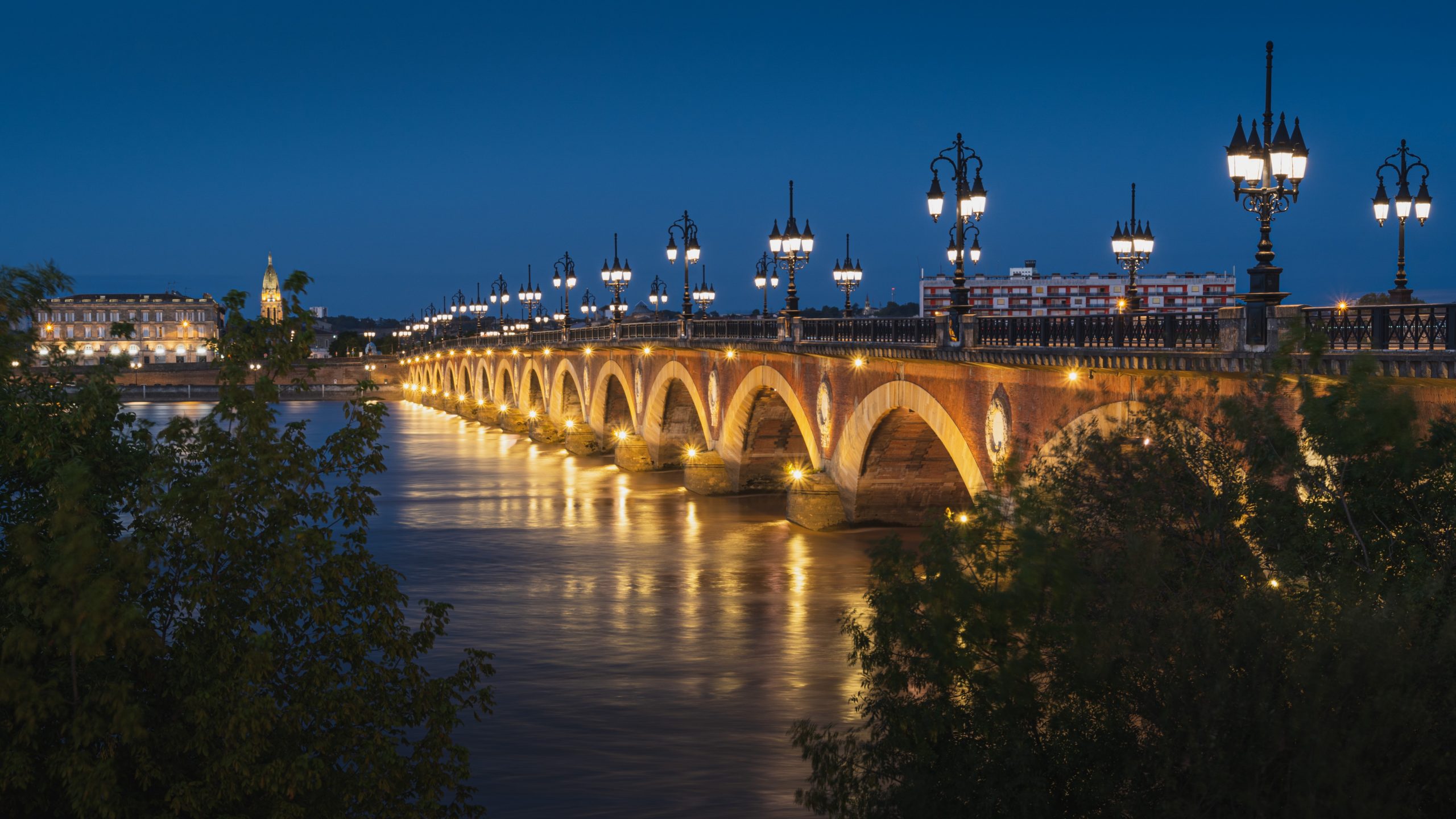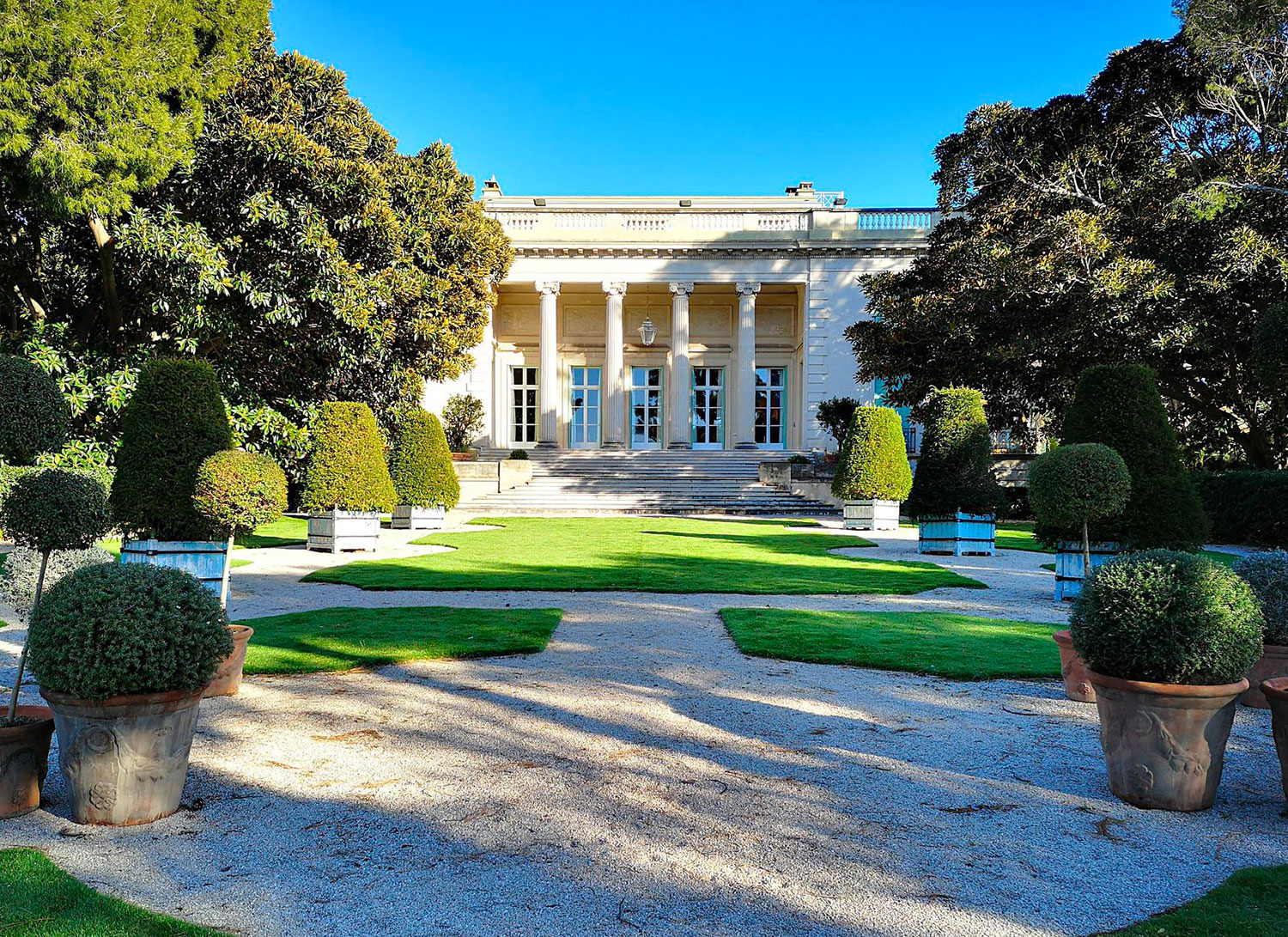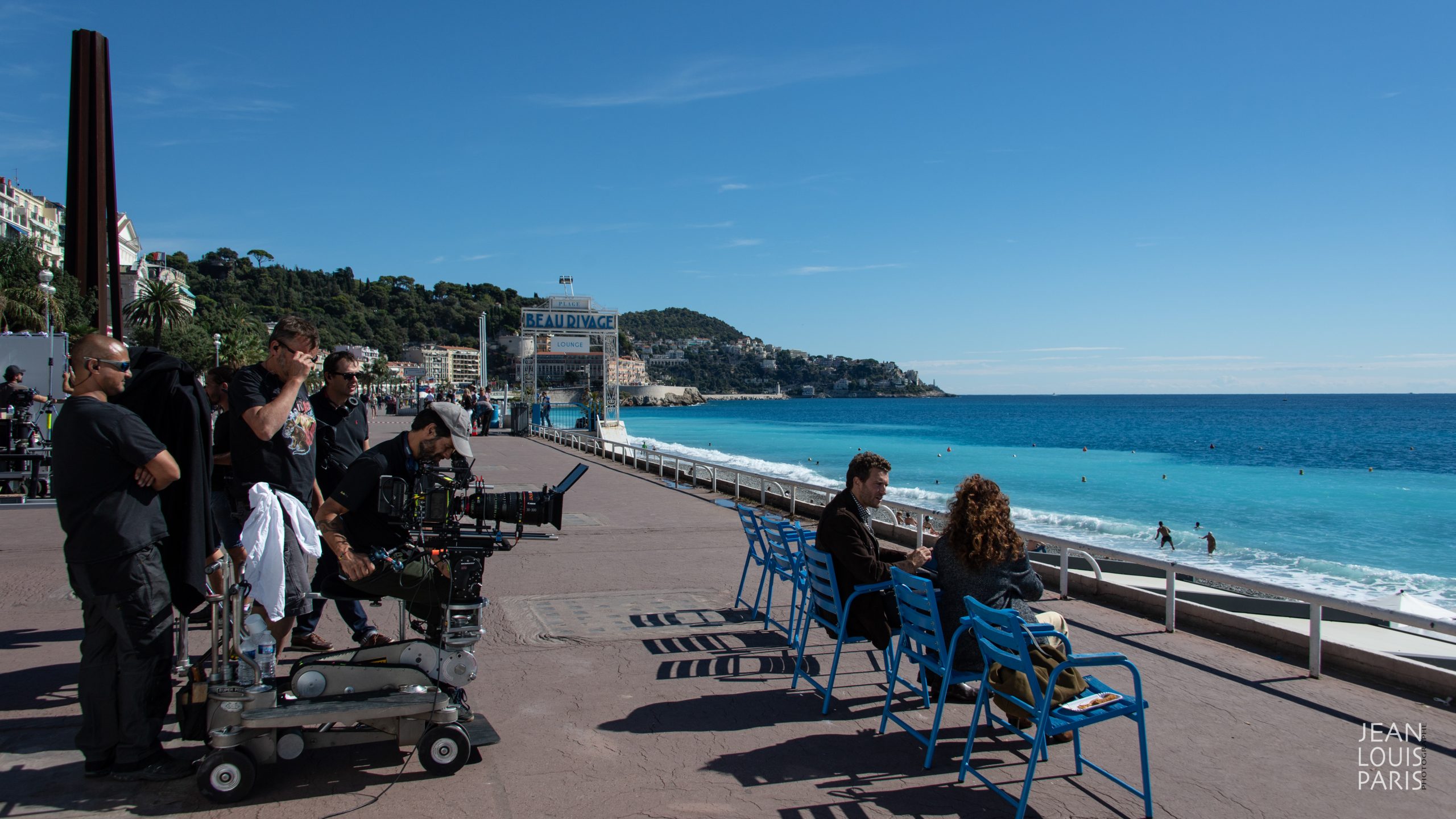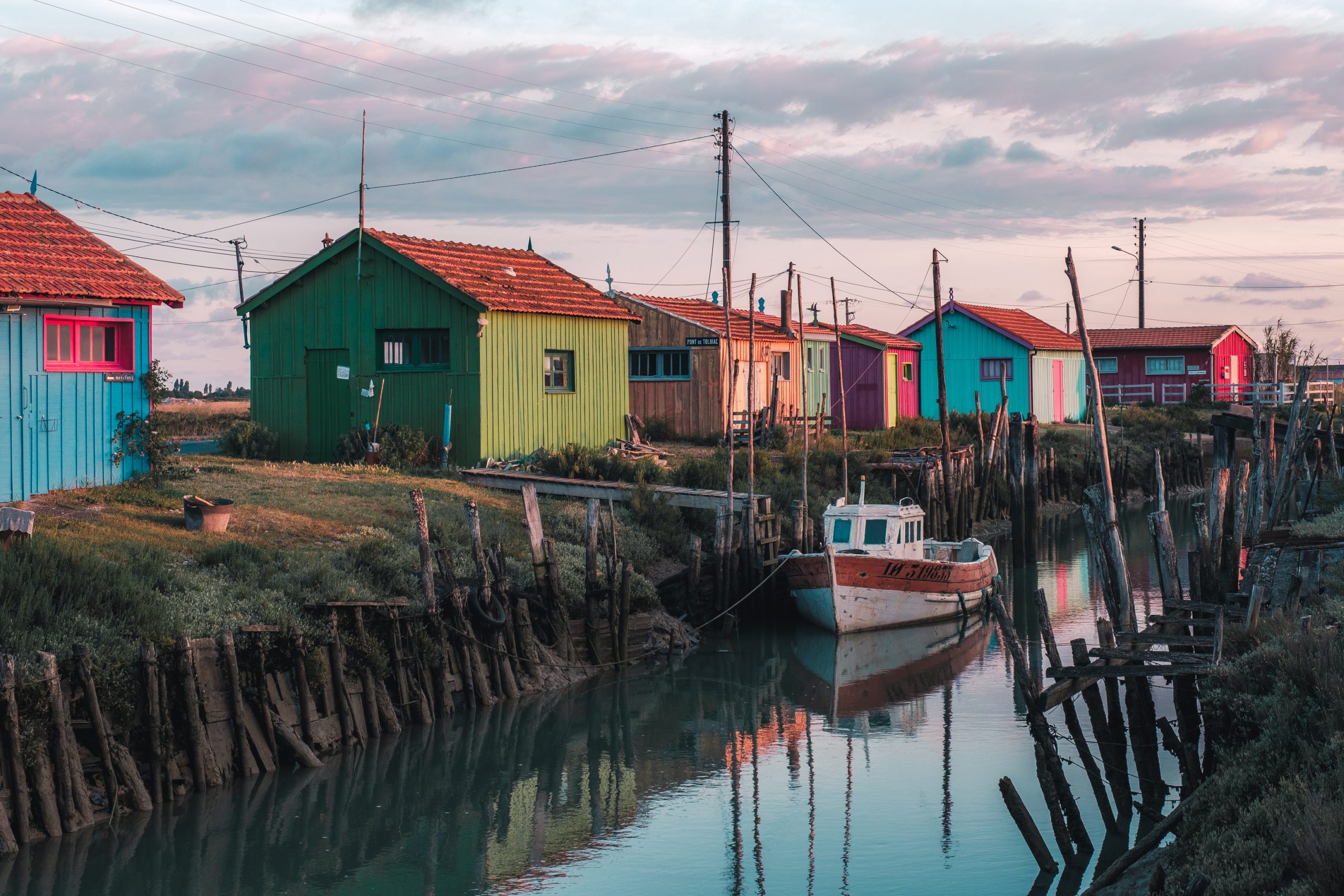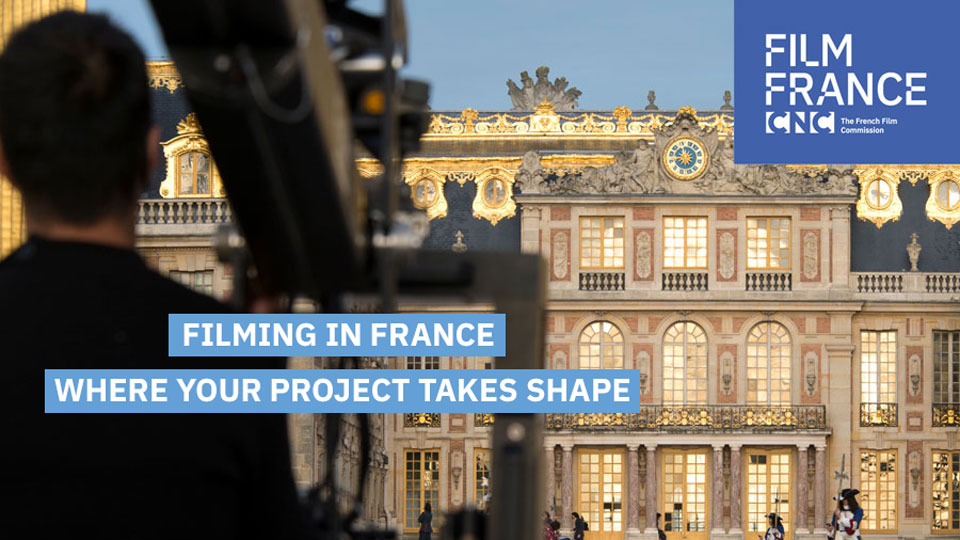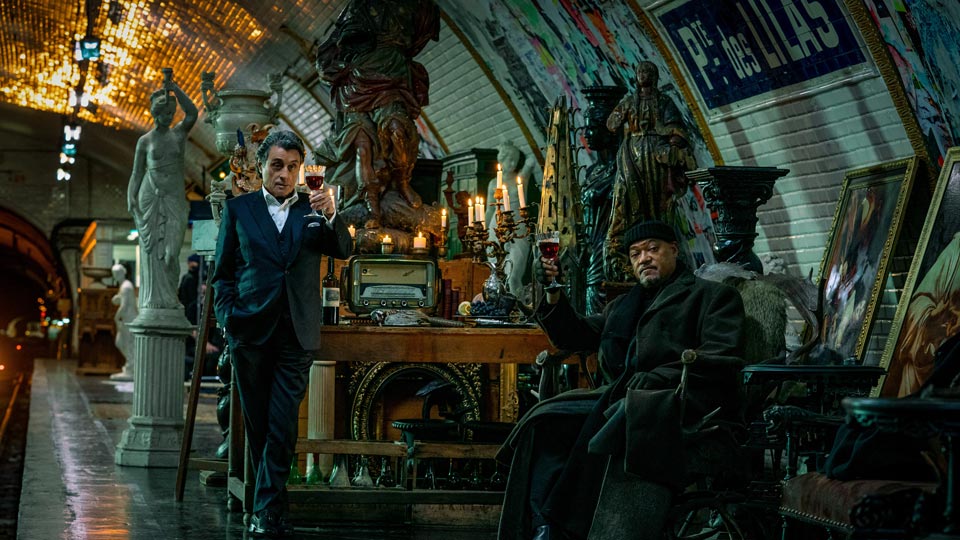Plan your production
How we support you
Spotlights
They chose France

Jay Kelly
Noah Baumbach
Paris Region
,
Paris Gare de Lyon
- Feature Film
- Netflix
- United States
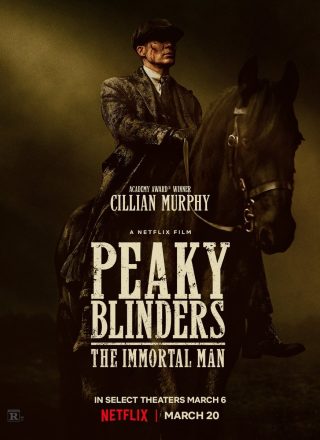
Peaky Blinders: The Immortal Man
Tom Harper, Steven Knight
- Feature Film
- Netflix
- United Kingdom

Champagne Problems
Mark Steven Johnson
Paris Region
,
Gare Paris Gare du Nord
- Feature Film
- Netflix
- United States

Troll 2
Roar Uthaug
- Feature Film
- Netflix
- Norway

Stranger Things S5
Matt Duffer, Ross Duffer
- Series
- Netflix
- United States

